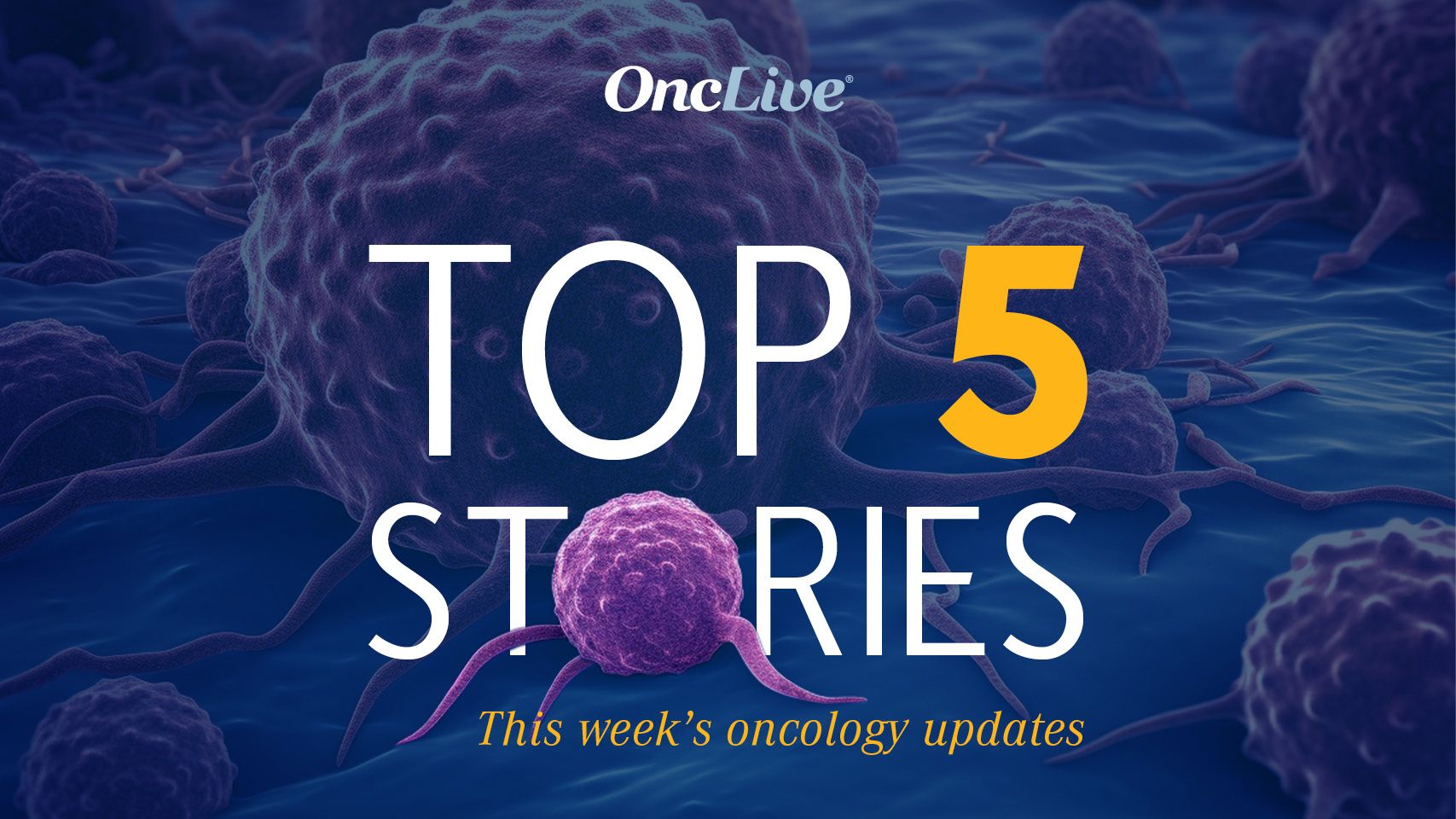If you find value in content like this, sign up for my Talent Edge Weekly newsletter.
This new 37-page report presents findings from Deloitte’s Fifth Annual Survey on Women in the Workplace, based on feedback from…

If you find value in content like this, sign up for my Talent Edge Weekly newsletter.
This new 37-page report presents findings from Deloitte’s Fifth Annual Survey on Women in the Workplace, based on feedback from…
This request seems a bit unusual, so we need to confirm that you’re human. Please press and hold the button until it turns completely green. Thank you for your cooperation!


After a months-long social media hiatus, actor Babil Khan has returned to Instagram with a cryptic post that has sparked conversations online. The Qala actor, who went offline earlier this year following a widely discussed emotional video,…


Heart disease doesn’t develop overnight – it’s often the result of everyday habits that slowly chip away at cardiovascular health. From what we eat and drink to how we sleep, move, and manage stress, small daily choices can have a big…

Welcome to OncLive®’s OncFive!
Every week, we bring you a quick roundup of the 5 top stories from the world of oncology—ranging from pivotal regulatory decisions to key pipeline updates to expert insights on breakthroughs that are moving the needle in cancer care. This resource is designed to keep you informed on the latest updates in the space, in just a matter of minutes.
Here’s what you may have missed this week:
The FDA cleared cemiplimab-rwlc (Libtayo) for adjuvant use in adult patients with cutaneous squamous cell carcinoma (CSCC) at high risk of recurrence after surgery and radiation. The decision was supported by findings from the phase 3 C-POST trial (NCT03969004), in which cemiplimab reduced the risk of recurrence or death by 68% vs placebo (HR, 0.32; 95% CI, 0.20-0.51; P < .0001), with median disease-free survival not reached in the cemiplimab arm. Recurrence occurred in 9% of patients in the cemiplimab arm vs 30% of those in the placebo arm. The toxicity profile was consistent with prior findings, with common adverse effects (AEs) including rash, pruritus, and hypothyroidism. The decision signifies the first and only immunotherapy approved for adjuvant treatment in those with CSCC with a high risk of recurrence following surgery and radiation.
The FDA has issued a complete response letter (CRL) to the new drug application (NDA) for dasatinib (Dasynoc) for use in patients with chronic myeloid leukemia (CML). The CRL stems from Good Manufacturing Practice observations at the company’s contract manufacturing site, prompting a temporary pause in new product approvals until corrective actions are completed. The manufacturer has begun remediation efforts and plans to meet with the regulatory agency later this year to address outstanding issues. The NDA for dasatinib sought approval for a formulation designed to maintain efficacy at lower doses, reduce pharmacokinetic variability, and minimize drug-drug interactions associated with acid-suppressive agents. Despite manufacturing delays, the drug remains under active development, with plans for expedited resubmission once compliance measures are met.
The regulatory agency also accepted and granted priority review to the biologics license application (BLA) seeking approval of Orca-T for select patients with acute myeloid leukemia (AML), acute lymphoblastic leukemia (ALL), and myelodysplastic syndrome (MDS). The application is supported by data from the phase 3 Precision-T trial (NCT04013685), in which Orca-T significantly improved 1-year moderate-to-severe chronic graft-vs-host disease (cGVHD)–free survival vs conventional allogeneic hematopoietic stem cell transplant (allo-HSCT; 78% vs 38%; HR, 0.26; P < .00001). Those who received Orca-T also experienced lower rates of moderate-to-severe cGVHD (13% vs 44%) and grade 3/4 acute GVHD (6% vs 17%) vs allo-HSCT. One-year overall survival (OS) was 94% in the Orca-T arm and 83% in the allo-HSCT arm, and non-relapse mortality rates were 3% vs 13%, respectively. The target action date for the BLA is set for April 6, 2026.
Data from the phase 3 TROPION-Breast02 trial (NCT05374512) showed that datopotamab deruxtecan-dlnk (Dato-DXd; Datroway) significantly improved OS and progression-free survival (PFS) vs investigator’s choice of chemotherapy in patients with locally recurrent, inoperable, or metastatic triple-negative breast cancer (TNBC) not able to receive immunotherapy. The safety profile of Dato-DXd was consistent with prior breast cancer studies. AstraZeneca and Daiichi Sankyo will share these results with regulatory authorities, highlighting the potential of the antibody-drug conjugate as the first therapy to significantly improve OS in this population.
The FDA has granted fast track designation to the TEAD autopalmitoylation inhibitor VT3989 for use in patients with unresectable malignant pleural or non-pleural mesothelioma who have progressed after previous immune checkpoint inhibition and platinum-based chemotherapy. Preliminary findings from an ongoing phase 1/2 trial (NCT04665206) demonstrated that the agent led to reductions in target lesion size in both pleural and non-pleural mesothelioma, irrespective of NF2 mutational status. The multicenter trial includes dose-escalation, dose-expansion, and combination cohorts, which are evaluating safety, antitumor activity, and pharmacokinetics of the agent, with oral dosing ranging from 25 mg to 200 mg. Common treatment-related AEs included albuminuria, proteinuria, fatigue, peripheral edema, and gastrointestinal and hepatic effects.